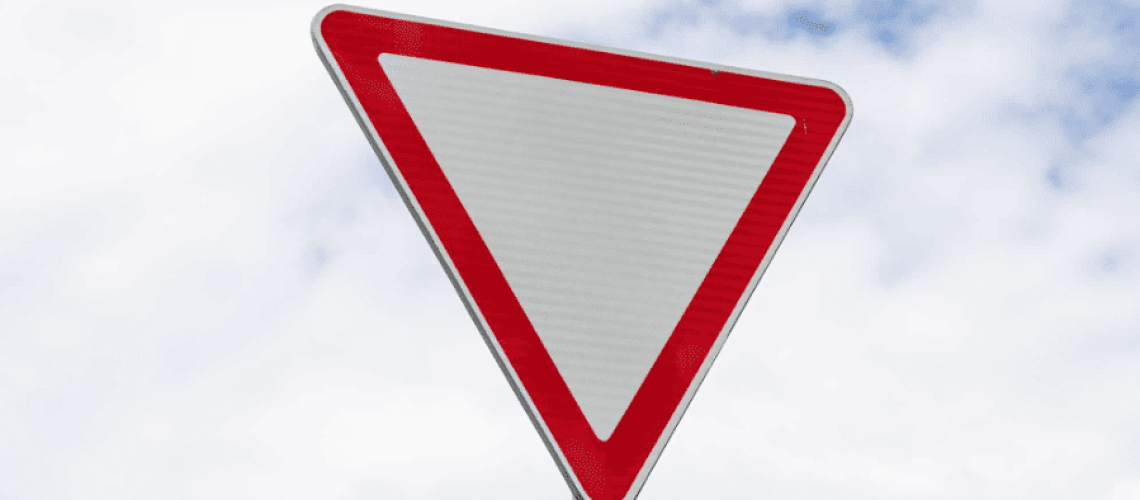Nevada Right of Way Laws & Failure to Yield
Nevada roads see more than their fair share of traffic between residents, tourists, and trucks delivering necessary goods and supplies. As such, Nevada’s right-of-way laws are vital in ensuring safe and efficient traffic flow at intersections and other areas. Understanding these laws and knowing when to yield can help prevent accidents and keep roads safer for all users.
When motorists ignore Nevada’s right-of-way laws and their responsibilities, severe injuries and even death can occur. Those involved in such an accident can benefit from the representation of a skilled Las Vegas car accident attorney from Razavi Law Group.
What is the Right of Way?
Right of way refers to the legal privilege given to a driver or pedestrian to proceed first in a specific situation. It determines who should yield and who has priority in different traffic scenarios. In Nevada, right-of-way laws are designed to establish a clear order of precedence at intersections, crosswalks, and other roadway situations.
Intersection Right of Way
Understanding and adhering to right-of-way rules is crucial for drivers to avoid collisions at intersections. In Nevada, generally, vehicles approaching or entering an intersection must yield to traffic already in the intersection and vehicles on the right that arrived first. In addition, areas such as stop signs, traffic signals, and roundabouts, have their own unique right-of-way rules that drivers must follow.
Yielding to Pedestrians
Nevada law requires drivers to yield the right of way to pedestrians in designated crosswalks, whether they are marked or unmarked. If a pedestrian is crossing or about to cross the road, drivers must stop and allow them to proceed safely across the road. Not doing so is against the law.
Nevada’s Failure to Yield Consequences
Failure to yield the right of way can have serious consequences, including safety and legal ramifications. When drivers fail to yield and cause an accident, they can be held liable for any resulting injuries or property damage. Violating right-of-way laws can result in traffic citations, fines, points on the driver’s license, increased insurance premiums, and even criminal charges in cases of serious injury or death.
Preventing Failure to Yield/Right of Way Accidents
Understanding Nevada’s right-of-way laws is crucial for safe and responsible driving. Awareness and education are key to preventing failure to yield accidents. Drivers should familiarize themselves with Nevada’s right-of-way laws and be vigilant in yielding when required. It’s essential to stay attentive, especially at intersections, and be mindful of pedestrians and other road users. By obeying right-of-way laws, drivers can contribute to safer roadways and protect themselves and others from harm.
Seek Legal Help after a Failure to Yield Accident
If you were involved in an accident due to someone’s failure to yield, it is crucial to seek legal guidance. An experienced Nevada car accident attorney from Razavi Law Group can help protect your rights, gather evidence, and pursue compensation for your injuries and damages. In fact, we offer no-obligation case reviews for car accident victims. Call (949) 353-6828 or contact us online today to schedule yours.




